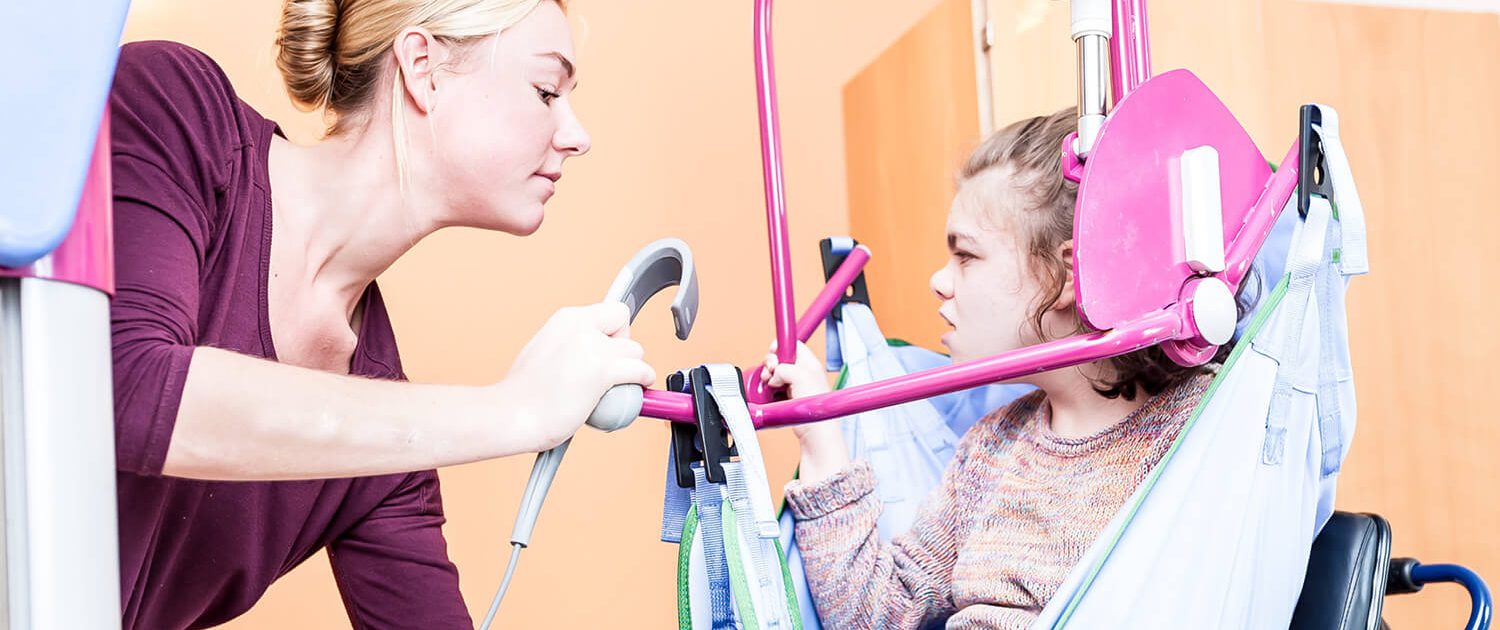What Is High Intensity Support?
What Is High Intensity Support? High intensity support is a form of care that is designed to provide short-term, intensive assistance to people who are experiencing intense emotional distress or who are in an emergency situation. It is usually provided by trained professionals, such as social workers or nurses, and it often involves providing direct support and assistance to the person in question.
High intensity support can be extremely helpful in situations where someone is feeling overwhelmed or panic-stricken. It can also be helpful when someone is experiencing a mental health crisis or a traumatic event. In general, high intensity support is intended to provide a brief burst of assistance that can help the person in question cope with their situation more effectively.
There are a few key things to keep in mind when using high intensity support. First and foremost, it should only be used as a last resort. If you feel like you cannot handle the situation on your own, don’t try to go it alone. Instead, reach out for help from a trained professional.

High Intensity Daily Personal Activities
Standard and Higher Intensity support are the two degrees of assistance that are accessible to those who require aid with daily tasks. For participants who have a larger need for such help, high-intensity support may need to be provided by support staff who have a higher level of knowledge, specialised training, or practical experience.
There are three different degrees of higher intensity support, each of which is based on the qualifications and expertise of the staff members that are used to assist participants. This allows for the higher costs related to some one-on-one services.
A participant may be qualified for a greater intensity of care, which could result in higher expenses, if they need assistance from a support worker who has additional training and experience relevant to their complex needs.
What physical support needs are high intensity?
Improved bowel care:
In addition to helping with basic personal care tasks, complex bowel care includes aid with colostomy bags, the use of suppositories and enemas, and other similar activities. Enemas and suppositories are two further practices that fall within the category of complicated bowel care. This kind of care includes the provision of specialised services to help people control their incontinence.
Management with enteral feeding (PEG):
According to the PEG protocol that the individual is currently using, support workers are available to help people who need help with enteral feeding. Additionally, this can entail assisting with enteral medication delivery, maintaining and cleaning medical equipment, and sanitising the vicinity of the stoma. It’s likely that you’ll require a nurse’s help with some of the more demanding support tasks you’ll be doing. The current timeframe for development excludes Nextt’s support for NG.
Urinary catheters:
A general support worker’s duties likely involve checking on the well-being of people who use suprapubic and indwelling catheters, changing out baggies, and throwing away used ones. When something similar happens, a qualified medical professional inserts the catheter within the patient’s body.
Follow us on Social Media – Facebook




